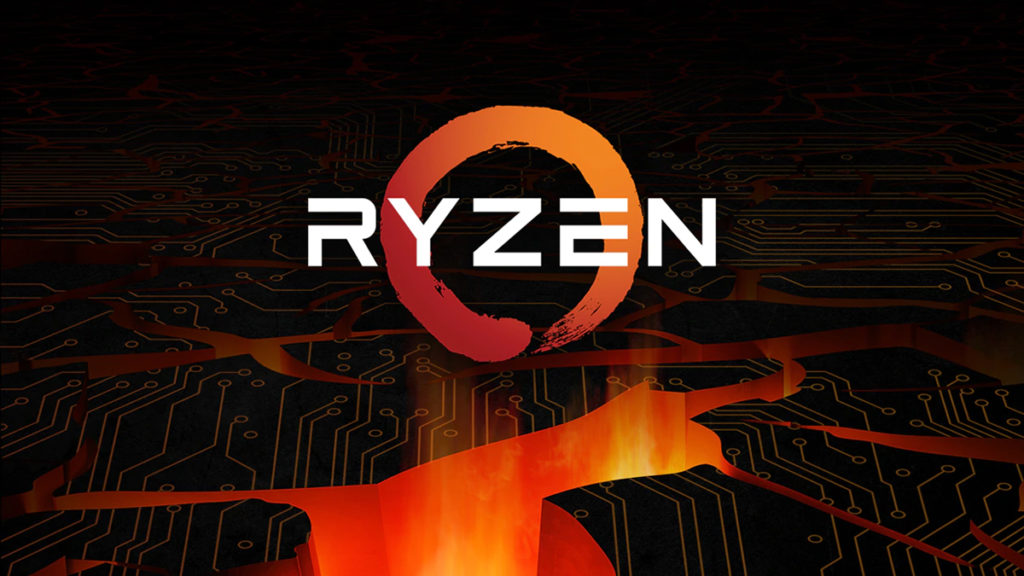
More rumors regarding AMD’s Zen 6 processors surfaced over the weekend, one of which suggests a very high clock speed target. For some time, it’s been said that AMD, after more than a decade, finally intends to increase its core count per CCD. Some rumors have indicated a modest jump from 8 classic cores to 12, but now it appears that there could even be a 24-core variant, which might then be succeeded by a 32 dense-core Zen 7 model. Being that Zen 6 has yet to be officially announced beyond basic AMD future product slides, it’s far too early to consider validity for Zen 7, but it’s also been theorized that it will feature low-power cores as well.
The reasoning behind the higher core variants is that Intel is supposedly working on a 52-core desktop CPU. However, rather than trying to match Intel, AMD could be aiming for higher clock frequencies instead. According to multiple sources, MLID is claiming that AMD’s engineers are targeting somewhere in the vicinity of 7 GHz with some parts.
“And I say that because it’s not like when I say 7 GHz, there’s like there’s not like multiple sources talking to me and going, “Oh, hopefully we’ll get between six and seven.” And then I’m click baiting by going for, you know, saying 7 GHz. No, 7 GHz is actually kind of in the middle of where they’re trying to achieve, by the way. Um, so I think, like I said before, you can take it to the bank well above 6 GHz. A lot of people think they’ll achieve seven. If they don’t, though, I think above 6.4 most likely.”
-Moore’s Law is Dead
AMD’s 8-core desktop processors have been steadily getting faster with each successive gen. Its current Ryzen 9000-series can easily go above 5 GHz and approach 6 GHz, so if a 12-core Zen 6 model could achieve anywhere near 7 GHz, that would likely mean major performance gains over the current lineup. Additionally, well-known information leaker Kepler has claimed that AMD will utilize different node processes across the Zen 6 product stack, depending on its application. According to Kepler, the following information was provided to AMD’s partners, and basically, most of Zen 6 will use TSMC’s 2nm N2P process, with some Medusa Point processors being on N2P and N3P. Top-end laptops and lower-end desktop SKUs will only get the models made on N3P, which is TSMC’s more refined version of its N3E process. However, they admit that despite this information reportedly being given directly from AMD to its partners, it’s not yet fully decided upon either.
“Idk how we’re still debating the nodes
Venice (MS server) uses N2P
-Kepler_L2
Venice-Dense (Cloud server) uses N2P
Olympic Ridge (desktop) uses N2P
Gator Range (high-end laptop) uses N2P
Medusa Point 1 (premium laptop) uses both N2P+N3P for top SKUs and N3P only for lower end SKUs”
